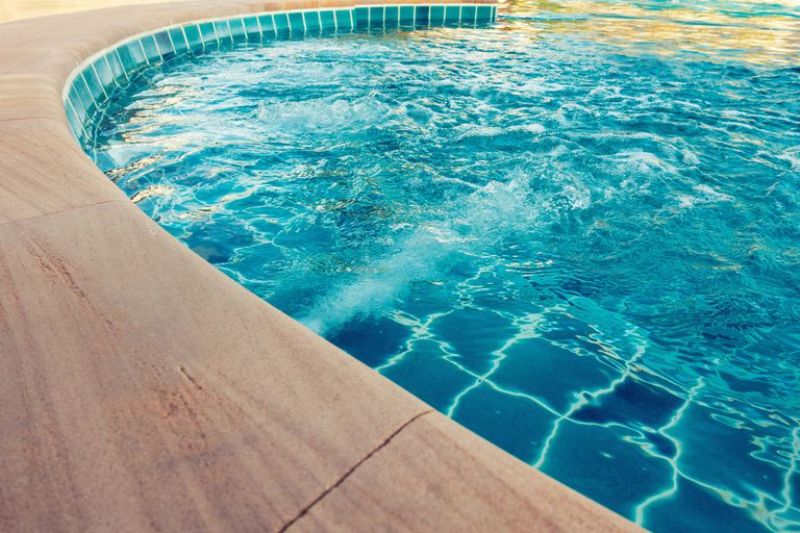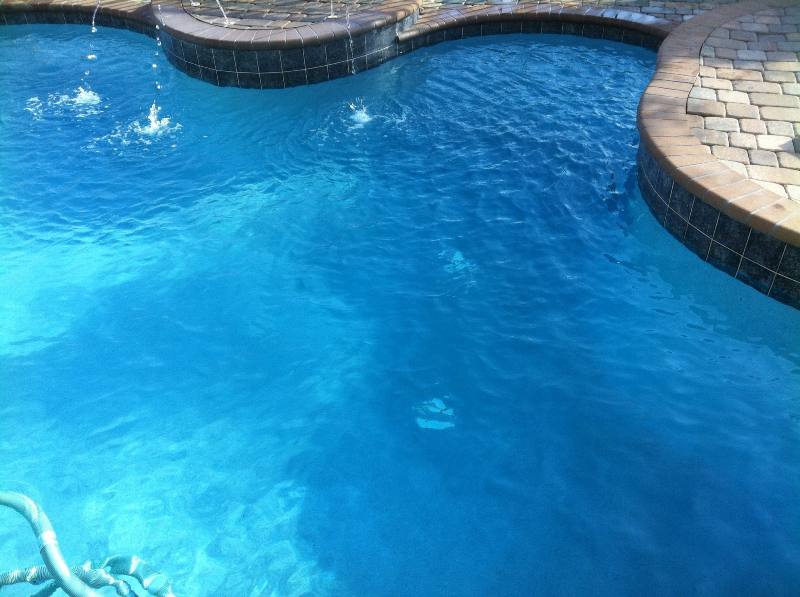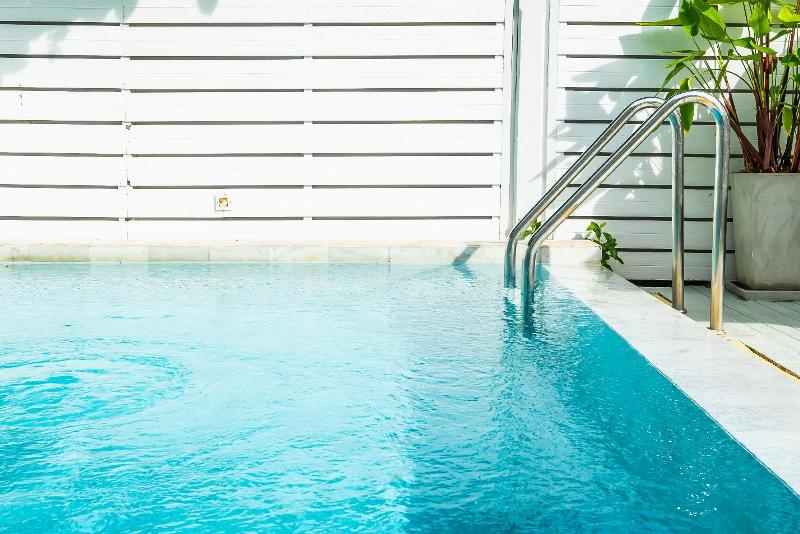A pool pump is an essential part of any pool. It is responsible for moving water through the pool filter and keeping water circulated. In the event that you have a heater, the pump will also move the water through the heater system to keep it at the appropriate temperature. Pumps should circulate water fully at least once per 12 hours. More turnover is better, of course, and there are different sizes and strengths of pool pumps available for pools of all sizes. Along with pool pumps, it’s also required some high quality chemicals like trichloroisocyanuric acid which will help you to keep your pool clean.
Also Read : How to Winterize an Above Ground Pool
Pump Parts
A variable speed pool pump is made up of a few different working parts. There is a strainer to catch debris, as well as an inlet that brings water in from the pool. Within the motor, there is an impeller (fan blade) that propels the water. Finally, the pump will have an outlet that sends the water to the filter and heating systems.
Check local regulations for minimum turnover rates so that you aren’t in violation of any codes. In fact, many pool owners opt for a pump that has a turnover rate of 8 or 10 hours, as opposed to 12, for more effective operation.
Choosing Your Pump Size

Gallons Per Minute (GPM) is the measurement used to rate pool pump capacities. When you are shopping, you’ll need to know the GPM of your pool. You may be able to find some kind of calculator online, but you can also do some simple math yourself:
Pool size (in gallons): 10,000 x 2 (circulations per day) = 20,000 gallons
20,000 gallons / 24 hours in a day / 60 minutes per hour = 13.88 GPM
Therefore, you would need to purchase a pump that can handle at least 14 gallons per minute. Anything less will not give you the correct circulation. Anything better is only going to improve it.
Other Features to Look For

You’ll obviously need to choose whether you need an in-ground or above-ground pool pump. Some models are interchangeable, but it still works best if you choose a model designed for your specific type of pool. Another consideration in your purchase is the horsepower of the pump. You need enough power to turn over the water properly, but not so much that it’s wasteful. Make sure that you consult a professional to get the appropriate pump size and not waste energy.
There are some energy-efficient pumps on the market today, which offer a better alternative for those who want to save water, energy, and money. Of course, the initial investment is going to be a bit higher for these models, but the long-term payoff is well worth it. The larger your pool, the more beneficial an eco-friendly pump could be. Finally, you’ll have the choice of hardwiring your pump or plugging it in, and pumps may run on 110 or 220 volts, so you’ll have to decide what voltage is right for your needs.
The Bottom Line
As a pool owner, you need to understand your pump, including how to buy the right one. Make sure that you talk to the pros when you have questions and you’ll be sure that you get the right pool pumps every single time.






